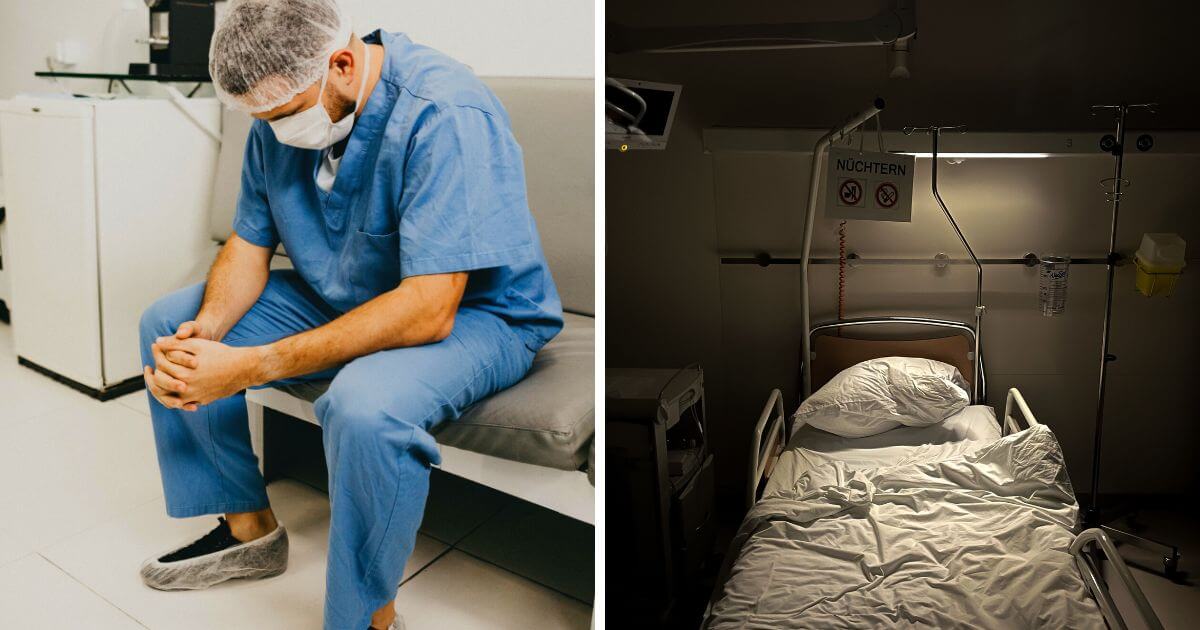Despite pressure to take a position that would support the removal of some conscientiously-objected rights, the World Medical Association (WMA) has retained its position that doctors should not be “forced to participate in euthanasia or assisted suicide, nor should any physician be obliged to make referral decisions to this end”.
During its meeting to finalise changes to the International Code of Medical Ethics (ICoME) earlier this month in Washington DC, the WMA considered whether to make referral for euthanasia or assisted suicide mandatory for medical professionals. Given that the WMA represents 115 national medical associations, doctors who respect freedom of conscience were concerned that their ability to practice medicine and properly care for their patients would be threatened if they were forced to participate in the assisted suicide or euthanasia of their patients.
After strong opposition from doctors and the Oxford-based Anscombe Bioethics Centre, who submitted an open letter signed by over 100 doctors and medical ethicists, the WMA reached a compromise that does not require doctors to refer for assisted suicide or euthanasia. Rather, the compromise will require the doctors to inform their patients of their conscientious objection and that patients have a right to consult another physician.
Conscientious objection ensures that doctors are not forced to participate in unethical practices
Dr Tim Millea of the Catholic Medical Association said: “If these proposals had been approved, the impact on the ethical practice of medicine would have been profound”.
He went on to say that physicians would be required to “provide or directly refer patients for physician-assisted suicide” and “abortion”.
In their open letter, the Anscombe Bioethics Centre explained that forcing physicians to violate their consciences through referral to another physician would mean that “in some jurisdictions a physician who objected to participation in ‘enhanced interrogation’, or to capital punishment, or to force feeding of a prisoner who is on hunger strike, or to ‘conversion therapy’, could be forced to facilitate these procedures by effective referral”.
Assisted suicide and euthanasia are not treatments
The debate about conscientious objection has been going on in academic circles for a number of years. The European Parliament has also criticised conscientious objection in strong terms.
Right To Life UK spokesperson Catherine Robinson said: “Debates over the role of conscience in medicine are so often muddled by ideologues obsessed with promoting abortion and/or assisted suicide. As the Anscombe Bioethics Centre indicates, removing the right to conscientious objection for physicians implies that physicians could be forced or expected to do all sorts of things they rightly regard as wrong. As in some jurisdictions, it might happen that a physician is required to participate in capital punishment or force-feeding a prisoner on hunger strike. To require a physician to do such things would be gravely immoral. It is equally immoral to attempt to force a physician to act against his or her conscience by requiring them to refer for assisted suicide or euthanasia”.
“It should not be forgotten that assisted suicide and euthanasia are not treatments for a disease, they do not cure anything nor attempt to heal a patient. Instead, they intentionally end the life of a patient and are therefore not a form of medicine at all. Doctors should have nothing to do with these non-medical practices”.











